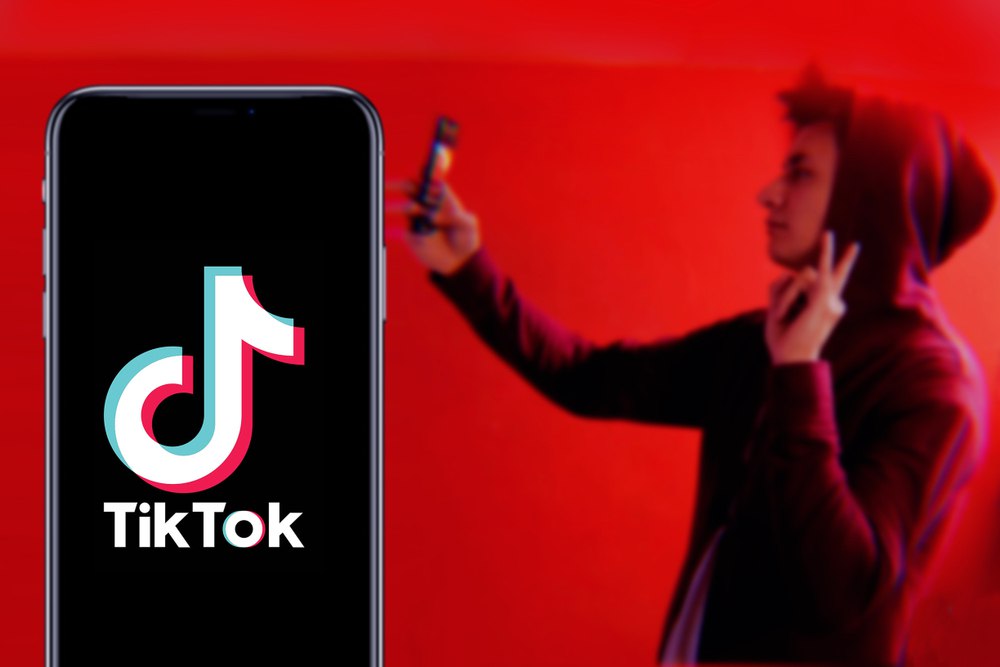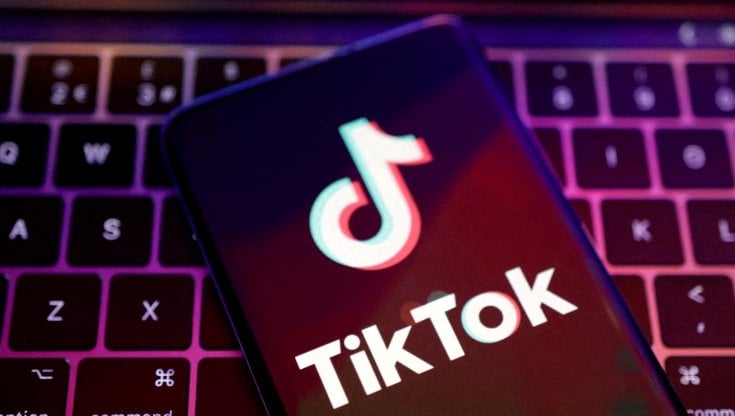The Sound of TikTok, a Spyware
White House Gives 30 Days to Remove TikTok from Government Devices
The Sound of TikTok, a Spyware: According to Iran Gate, on Monday, February 27th, the White House gave U.S. federal agencies 30 days to remove the video-sharing app known as TikTok from all government electronic devices. Washington describes this action as a significant step in countering the threats posed by this app to sensitive government data.
Shalanda Young, Director of the Office of Management and Budget, says the provided timeline is a crucial step in addressing the risks TikTok poses to sensitive government data. She adds that the Biden administration has invested in defending our digital infrastructure, and this timeline is part of the government’s commitment to protecting the security and privacy of Americans.
This ban will not apply to businesses not associated with the federal government, nor to ordinary citizens who use the app. TikTok has yet to respond to the new directive issued by the U.S. government, but China’s Ministry of Foreign Affairs has strongly condemned the ban.
Mao Ning, spokesperson for China’s Ministry of Foreign Affairs, said the ban on EU employees using TikTok undermines the international community’s trust in the EU’s business environment. He urged the EU to provide a non-discriminatory business environment for companies from all countries around the world.
Mao Ning, responding to a question about the U.S. ban on TikTok during a press conference in Beijing, said that the United States, as the world’s number one power, is actually afraid of a mobile app that young people love.
Mao emphasized that the United States should respect the principles of fair competition and stop suppressing competing companies with American companies. He said, ‘We firmly oppose the U.S. misusing the concept of national security and abusing state power to unreasonably suppress companies from other countries.’
This U.S. action on Monday coincided with similar bans imposed by Canada and the European Union. Canada also plans to remove TikTok from all mobile devices supplied to the government. Canadian Prime Minister Justin Trudeau said this could be the first step toward further actions. TikTok is very popular among young people, but its Chinese ownership has raised concerns that Beijing could use it to collect data on Western users and spread misinformation in favor of China.
Last week, two major EU policymaking bodies also banned the use of this app on employees’ phones. The European Commission announced a ban on using this app on its equipment and instructed all its staff to remove TikTok from their official mobile phones. Additionally, if they have work-related apps installed on their personal phones, they must also delete this Chinese app from their personal devices.
House of Representatives Votes in Favor of TikTok Ban
On Wednesday, March 1st, the U.S. House of Representatives voted in favor of a nationwide ban on the social media platform TikTok by the President of the United States.
The U.S. House Foreign Affairs Committee today, Wednesday, approved a bill that allows President Joe Biden to ban the use of the social media platform TikTok across the country.
Before the U.S. House of Representatives’ resolution can become law with the President’s signature, it must also be approved by U.S. senators in Congress.

Michael McCaul, a Republican representative in the U.S. House of Representatives, initiated the debate on this issue in Congress. The discussion began on Tuesday, but the vote was postponed until Wednesday, when it was finally approved by the House.
TikTok has repeatedly denied allegations of sharing or handing over data to the Chinese government. However, Western governments say they are not confident in this. The company had previously admitted that its employees in China had access to American citizens’ data, but it has consistently denied accusations of providing this personal information to Chinese authorities.
In response to concerns from U.S. officials, TikTok announced in June of last year that it would store all American user data on servers located in the United States.
Shou Zi Chew, CEO of TikTok, is scheduled to appear before the U.S. Congress for the first time on March 23rd to explain the potential risks of using this app to Congress members.

